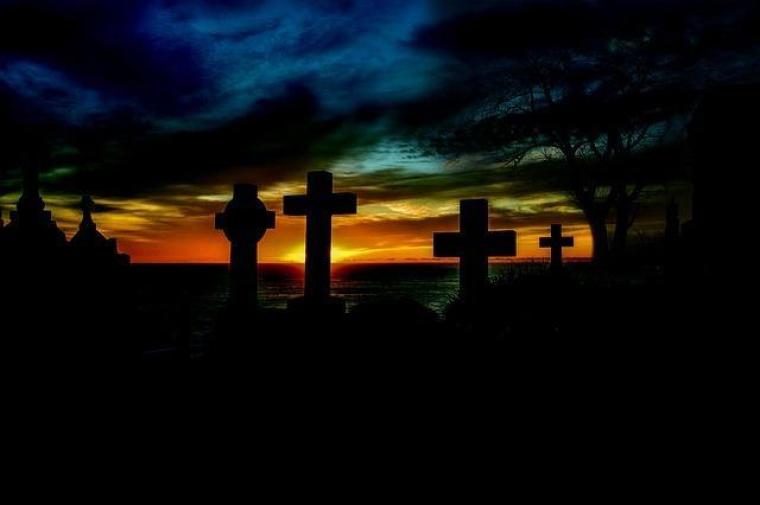
I had the pleasure of walking in the Royal National Park, south of Sydney, wherein, amongst the magnificent scenery I happened upon an antechinus.
Before this occasion I had only witnessed this small marsupial in the form of sad skeletal remnants, yet even the dead form of the animal caused me great curiosity and respect for the native animal. Despite this, the living form was certainly more exciting, hopeful and noteworthy.
This experience led me to think about how we as humans, in almost all cases, have a level of reverence for the dead. We value those who have gone before us and 'idealise many of their traits and characteristics'.
Different cultures express this in different ways. Several years ago, while my family and I visited a church friend in Taiwan, we came across a sign on a fishing wharf. The sign was a fairly standard list of things that cannot be done in the area, no skateboarding, no bikes, and no dogs, however one of the signs was quite unexpected for us, coming from our Australian culture.
We asked our friend what it meant and were told; it read "no ancestor worship". The hills across the bay were covered with traditional graves, facing out so that they would catch the sun. Apparently it is very expensive to be buried in such a place, and yet families would pay the sum to have their elders buried there, and would come to burn offerings.
While this is a clear case of valuing the dead many times, I wonder about the usefulness of such actions and our reverence for the dead.
Christian view
Christians do not believe that the body has to be in good condition, buried in a special way or special place. We do not worship the dead as is the case in some religions. So why should we remember the dead? Is it not more useful to focus on those who are still alive?
There is still credence for Christians to remember the dead. Partially this is for similar reasons to most people; we can learn and be inspired by those who have trod the path of life before us. Yet this may also be achieved through the strong Christians around us. I know that in my case, I have met many by whom I have learned from or been encouraged by. Beyond this, there is an additional reason for remembering the dead which is related to our belief in the resurrection of the dead.
As part of the Kingdom of God we will have fellowship with other Christians as the Church, the body of Christ, even those who have passed away. In Anglican circles this is known as the communion of the saints. It is an example of the 'now and not yet'.
By this I mean our current experience of remaining in our earthy bodies while at the same time being fully a part of the revealed Kingdom of God. Thus in many ways we have more reason to remember the dead as we have the hope of true fellowship with them, but this is not tied to rituals or practices which are banned on fishing wharves.
No, Christian reverence for the dead does not require even a place of burial, for those who follow Jesus are tied to the omnipresent Father through Christ and the Holy Spirit.

Alexander Gillespie is an Arts Honours graduate of the University of Sydney. Particular fields of interest include Nineteenth-Century migration history, conceptual philosophy, social policy and ecclesiology. He currently lives in Sydney with his wife and enjoys researching and writing.